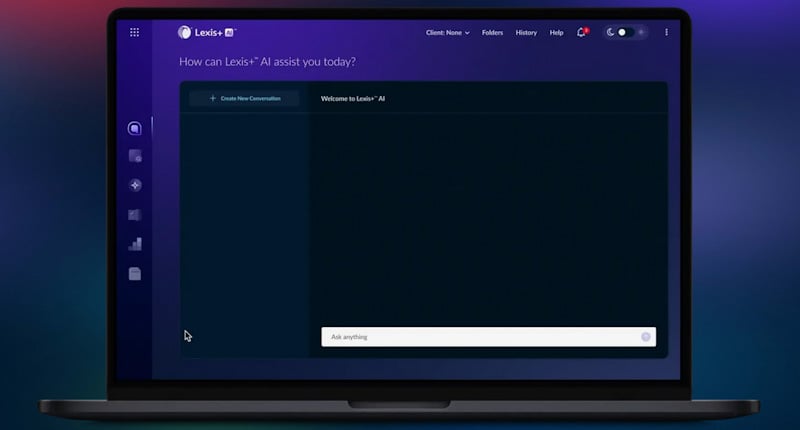Corporate lawyer with 'spotless record' faces RICO case over client's payday loan business
Wheeler K. Neff, 67, is a corporate and banking lawyer with “a spotless record with the Delaware bar” during his 40-year legal career, his lawyer tells a local newspaper.
Yet he has been indicted, along with a client with similar upper-echelon credentials. They face a federal racketeering case that claims a payday lending business operated by Charles M. Hallinan, 75, violated usury laws in multiple states.
Hallinan, a former investment banker who graduated from the University of Pennsylvania’s Wharton School of business, has for years operated multiple payday lending companies that incorporate tactics known to industry insiders as “rent-a-bank” and “rent-a-tribe,” according to the Philadelphia Daily News and the Wilmington News Journal.
After beginning business as a payday lender in the 1990s with $120 million he got from selling a landfill company, Hallinan, with Neff’s help, developed tactics intended to allow his companies to operate despite a growing crackdown on payday lending by states and usury laws limiting interest that can legally be charged, the articles explain.
At first, starting in 1997, Hallinan paid County Bank of Delaware, located in a state friendly to payday lending, to act as a front in soliciting and providing loans to borrowers throughout the country in states that do restrict payday lending, the indictment says.
Then in 2003, after New York’s attorney general sued Hallinan and two of his companies alleging violation of state usury laws, he began paying Native American tribes recognized by the federal government as much as $20,000 per month to front loans made across state lines, the feds contend. Because the tribes have sovereign immunity, they could claim it protected them against enforcement and lawsuits.
The New York litigation settled for $5.5 million in 2008 and included an order banning the bank from continuing to deal with payday lenders. Meanwhile, between 2008 and 2013, Hallinan’s operations earned $688 million, the feds say.
Although the industry moniker “payday lending” is based on an assumption that relatively minimal loans would be repaid from a borrower’s next paycheck, when the borrower is unable to do so, interest continues to accrue at a high rate. At Hallinan’s companies, that rate could exceed 700 percent annually, says a news release by the U.S. Attorney’s office for the Eastern District of Pennsylvania.
Neff, who was an agent of Hallinan’s companies, was charged along with his on Thursday. The indictment was for mail fraud; wire fraud; conspiracy to commit mail fraud, wire fraud and money laundering; and conspiracy to violate the Racketeering Influenced and Corrupt Organizations Act. Hallinan, along with a third defendant in the case, also faces money-laundering charges.
All three are also accused of conspiring to defraud nearly 1,400 plaintiffs into settling a 2010 class-action lawsuit in Indiana against a Hallinan payday loan company for far less than it was worth, according to the Daily News and the news release.
Christopher Warren, a Philadelphia attorney who is one of the lawyers representing Neff, called the prosecution surprising and unprecedented. Warren said in a written statement that the prosecution of Neff and Hallinan is an “ill-advised attempt by the federal government to suddenly criminalize one such program among the many that have been operating up to 10 or more years.”
He also called the prosecution “an unwarranted assault on a popular legal lending program for no other reason than it is now deemed politically incorrect in some government circles.”



